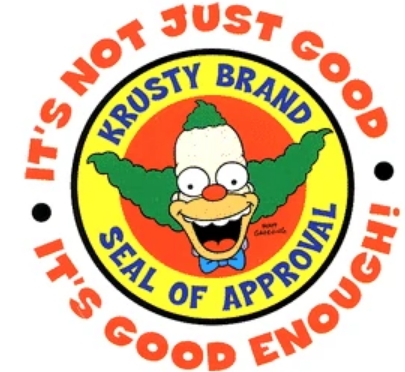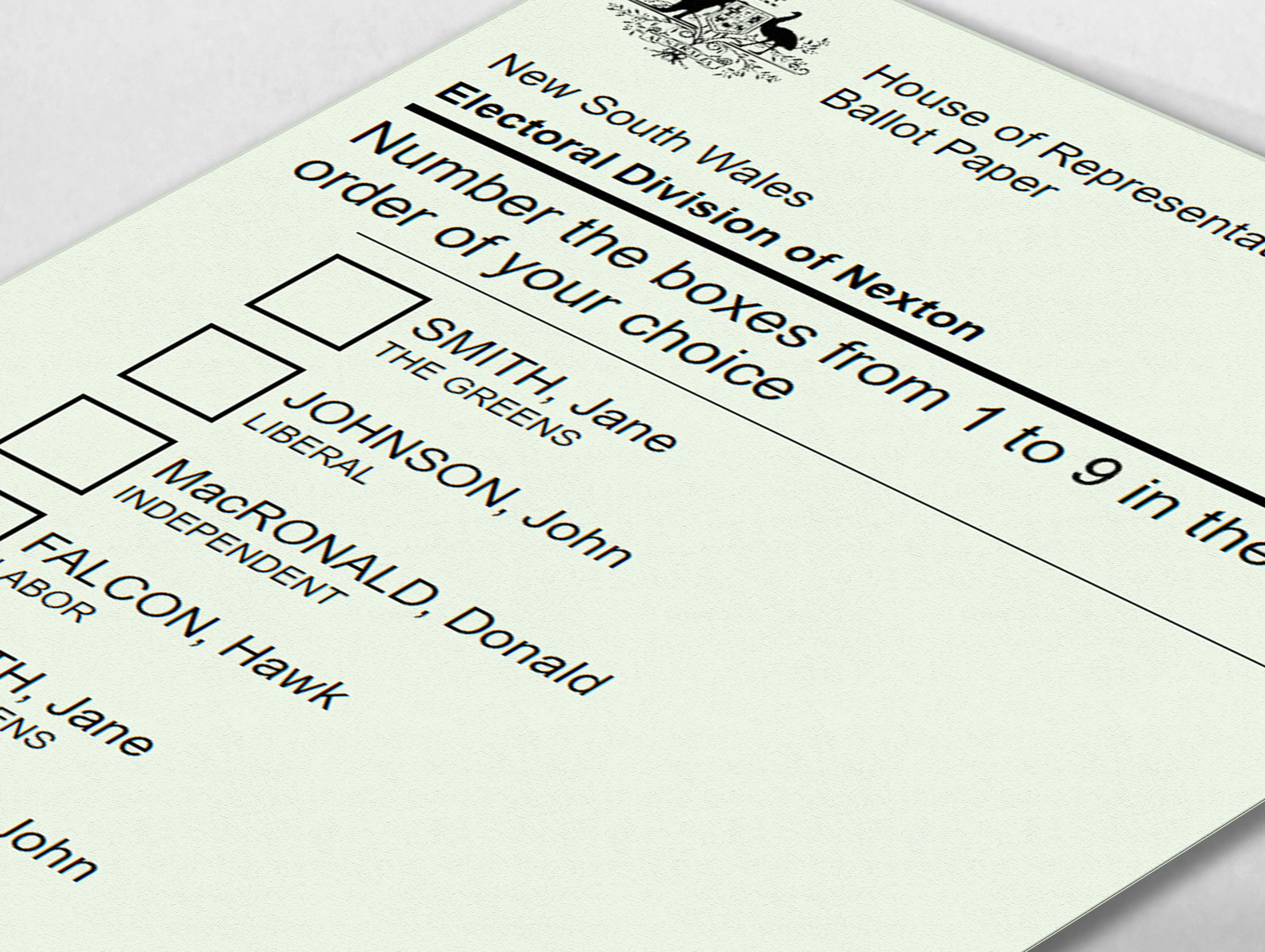This insight should take around 5 minutes to read.
On Sunday 5 June 2022, globally acclaimed Australian film director Baz Luhrmann gave a talk to a limited group of people in the lead up to the Sydney premiere of his new film Elvis. This was part of Vivid, Sydney’s annual festival celebrating light, music, and ideas.
A window into the mind of a creative genius is always insightful for those taking a peek, many times revealing surprising new truths. It came as shock to many in the crowd when Baz admitted in contrast to the view of his millions of global fans, many awards and even more nominations, and glowing endorsements from many in Hollywood, that to him, no film he has ever made is perfect.
Films are never finished, they're just taken away from you.
Nothing I've ever made is perfect.
He went on to explain that there are always improvements that can be made, edits that will make the film better, changes to color, changes to lighting, changes the order of scenes, changes to any other number of things. But that inevitably the film is taken off his hands by the studio, and shipped out around the world for the entertainment of billions.
What Baz has described is the innate struggle that many creators have found themselves grappling with, whether it be software developers shipping a new feature for a product, a graphics designer creating digital artworks, or an acclaimed director creating a film for a global audience. Things can always be improved to be better.
Perfect is the enemy of good
The pursuit of perfection can end up being like chasing the mirage of an oasis in the desert, constantly over the horizon. In every project there exists very real constraints like budgets, timelines, deadlines, stakeholders, and customers. There are limited resources and what they are used for has to be prioritised on what delivers the most value.
A friend of mine who started a successful software company that eventually became a market leader in their industry for Australia and New Zealand would always remind those he was working with of a saying by famous French philosopher Voltaire.
There are times in a project and within the creative process that perfect does indeed become the enemy of good. It is important for managers and those leading teams of creators to understand when their team may be caught in the potentially never-ending pursuit of perfection, just as it is equally important that creators develop the skills that allow them to self-identity when they are pursuing something that may never come.
Perfect is the enemy of good.
- Voltaire
There are a number of ways to identify if a product, feature, or work is at a point where more improvements may not necessarily be worthwhile.
The important questions to ask are:
1) Is the product/feature/work at a stage where it can fulfil its purpose if shipped?
2) Are the resources expended in further improving the product/feature/work greater than the value returned from the improvement(s)?
3) How many customers/users will notice the improvement and how many will it actually positively impact?
Many times as the creator of something it is difficult to see where the line is drawn to stop working on something. In many cases, it is important to let others review the current state of the work and take their input on board. Most often it is only us who see the imperfections in our own work, whereby others see the good work produced.
It's not good, it's good enough!
Finally, it is important to remember that there are situations where not only do we not need something to be perfect, we may not even need it to be good.
I am always reminded of the comedic genius of Matt Groening and the writers of the Simpsons for the brief glimpse of the Krusty Brand Seal of Approval, a sticker placed on all of Krusty the Clown’s products in the show.
A meme has developed where Krusty reassures customers that Krusty Brand products are not just good, they’re good enough.
Whilst I or Nexus Polytech do not and will never encourage anyone to take quality control advice, business advice, or any advice for that matter from Krusty the clown, it is useful to demonstrate an important and rare concept

There are times where a product has to perform to a certain criteria to be useful, and this criteria may not be at a level where the product is objectively deemed good. In many of these instances, it is usually that the product needs to be shipped as soon as possible and/or the product in that form will not be repeatedly used.
An example of the first scenario is a Minimum Viable Product (MVP) or a prototype where the primary objective is bringing an idea, product, or feature to market in as shortest time as possible with the absolute minimum work required. If the product or prototype proves successful, then resources will be allocated to improve the product or prototype and make it viable for the long run, or alternatively it is proven not successful and the wasted resources (time, money, etc) were kept to a minimum.
As an example for the second instance, where a product or work will not be repetitively used or will be not used beyond a point, think about software for a specific client to do a specific one off task, such as performing a one off data migration from one system to another. Or think about a form or template that will be used for just one meeting and never again, like a feedback form on a specific advertising campaign or a specific type of review. In these cases, it is unlikely that the resources used to make the product will deliver greater value in the long term because there isn’t the benefit of repetitive use.
Success does not mean perfection
The life of a creator will forever be a balancing act between the art or science behind the creation, and the real world constraints forcing delivery. An important lesson to always remember is that success does not mean perfection. Every project or work will have its own criteria for delivery and as such its own threshold for success.
It is important to clearly know what the threshold is for your work or project, and to accept that getting the work to that level will be a job well done, even if it may not necessarily be a job done well.
As creators, it is common to feel that in some way you put a part of yourself into what you create, and that as a result, the work becomes a reflection of yourself. This feeds into the continuous strive for perfection, and just like Baz, it is easy to feel that nothing is ever perfect.
The lesson to learn is that it is important for creators to know when to let go of their complete work, and it is important for managers to identify when the work is at a point where it cannot feasibly be improved further.



